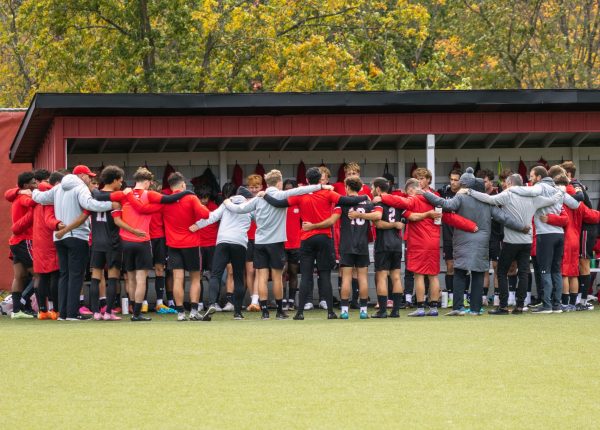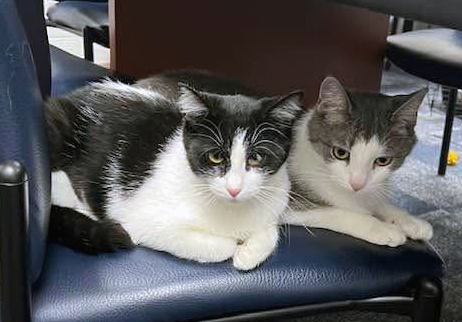SFU hosts event in recognition of human trafficking awareness month
On Monday, January 22, SFU Residence Life and Title IX Office held an event in DiSepio to highlight the criminal act of human sex trafficking that’s occurring worldwide.
Guest Speaker Sherrill Rudy, a representative for a local non-profit organization called Living in Liberty, discussed the dangers of human sex trafficking and its impact on women and adolescence. “When we’re talking about human trafficking, we’re talking about modern day slavery,” Rudy said during her presentation.
Human sex trafficking is the exploitation of men and women through force, fraud, and coercion of sexual acts for profit, according to Homeland Security. Over the years, human trafficking has morphed into many outlets. “The way human trafficking is happening is different too,” Rudy said. Many victims can be trafficked via the internet, at residential brothels, and commercial front brothels.
Since there are so many outlets for traffickers to recruit from, the epidemic of human trafficking continues to rise. There are reportedly 21-45 million human trafficking victims. Traffickers today are using psychological techniques to coerce their victims into these sexual acts.
“Traffickers are really mastered manipulators,” Rudy said.
According to Rudy, human trafficking brings in $32-150 billion annually. Human trafficking is classified as a billion dollar industry, second to drug trafficking.
Before the presentation, students were shown a twenty-minute video that detailed the story of two victims, Brianna and Lacy, and their journey in escaping from their traffickers. Toward the end of the video, the victims list some of the warning signs of human trafficking activity. The main warning sign is the significant age difference between the trafficker and the victim.
“It is not uncommon for the traffickers to tattoo their victims,” Rudy added.
Argentina Bonilla, senior women’s studies and sociology major, was one of many students who attended the event.
“I thought it was really neat and put together,” said Bonilla. “I thought it was perfect timing too because a lot of people talk about what’s happening to women in general and women’s rights and the women’s march, and when we talk about that, I think we talk about a different form of oppression that humans have to go through.”
If you see any of the warning signs of human trafficking or are a victim yourself, please do not hesitate to call the National Human Trafficking Hotline at 1-888-373-7888.




